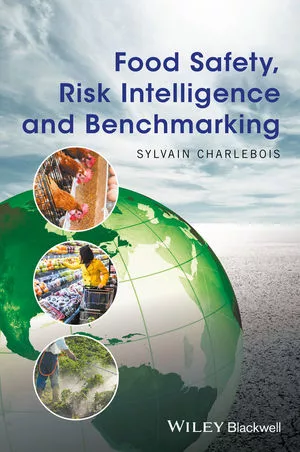EFSA Finds No Health Risk of Complex Inorganic Arsenic Species in Food, but Data is Limited

Image credit: Freepik
The European Food Safety Authority (EFSA) has published a scientific opinion on the health risks associated with the most common complex organoarsenic species in food.
EFSA’s Ongoing Work to Assess Health Risks of Arsenic in Food
The risk assessment was conducted per the request of the European Commission and builds upon EFSA’s ongoing work to characterize the health risks posed by dietary exposure to arsenic.
Prior to the present scientific opinion on complex organoarsenic species in food, in January 2024, EFSA raised a concern about European consumers’ dietary exposure to inorganic arsenic. At this time, EFSA revealed that it was conducting work to assess the potential risks linked with exposure to organic arsenic in food, which, once completed, would be used to assess the possible risks of combined exposure to organic and inorganic arsenic in food. EFSA stated this work would be completed by early 2025.
Later, in July 2024, EFSA identified a risk to public health posed by dietary exposure to dimethylarsinic acid (DMA), a small organic arsenic species.
No Health Concern Found for Complex Inorganic Arsenic Species, but More Data is Needed
The present scientific opinion, published in December 2024, focuses on the health risks associated with the most common complex organoarsenic species in food: arsenobetaine, arsenolipids, and arsenosugars.
Looking for quick answers on food safety topics?
Try Ask FSM, our new smart AI search tool.
Ask FSM →
The highest levels of these inorganic arsenic species were detected in seafood like fish, crustaceans, mollusks, and seaweed.
Overall, the risk assessment concluded that dietary exposure to arsenobetaine and glycerol arsenosugar is unlikely to raise a health concern. However, due to insufficient data, no conclusions could be drawn for the other types of arsenosugars or for arsenolipids.
For arsenobetaine, the highest level of estimated exposure was observed in toddlers, at 12.5 micrograms per kilogram of bodyweight per day (μg/kg BW/day). Still, toxicological studies suggest there is no health concern at current dietary exposure levels. No reference point was derived for arsenobetaine due to insufficient data.
A reference point of 0.85 miligrams (mg)/kg BW/day was assigned to glycerol arsenosugar. The highest level of exposure was observed for adult consumers of dried seaweed (also known as nori), at 0.71 μg/kg BW/day. There is not a concern for public health associated with current levels of dietary exposure to glycerol arsenosugar.
As no conclusions could be drawn for the other types of arsenosugars or for arsenolipids, there is a need for more data on the occurrence and toxicity of complex organoarsenic species.









